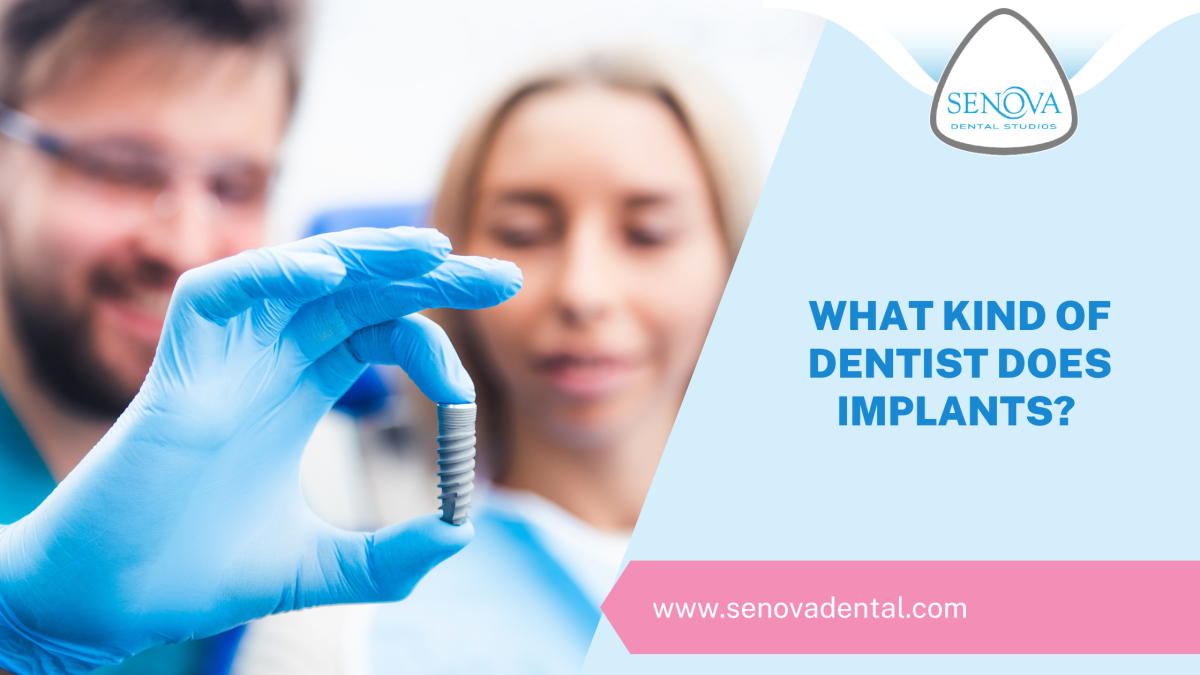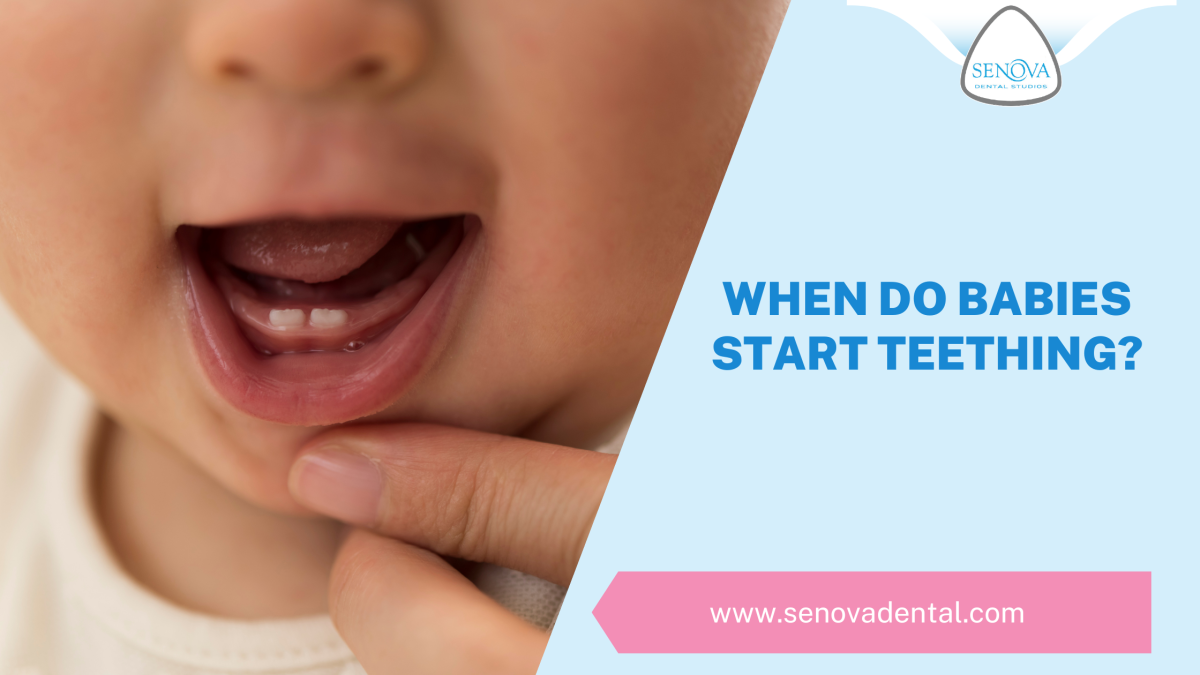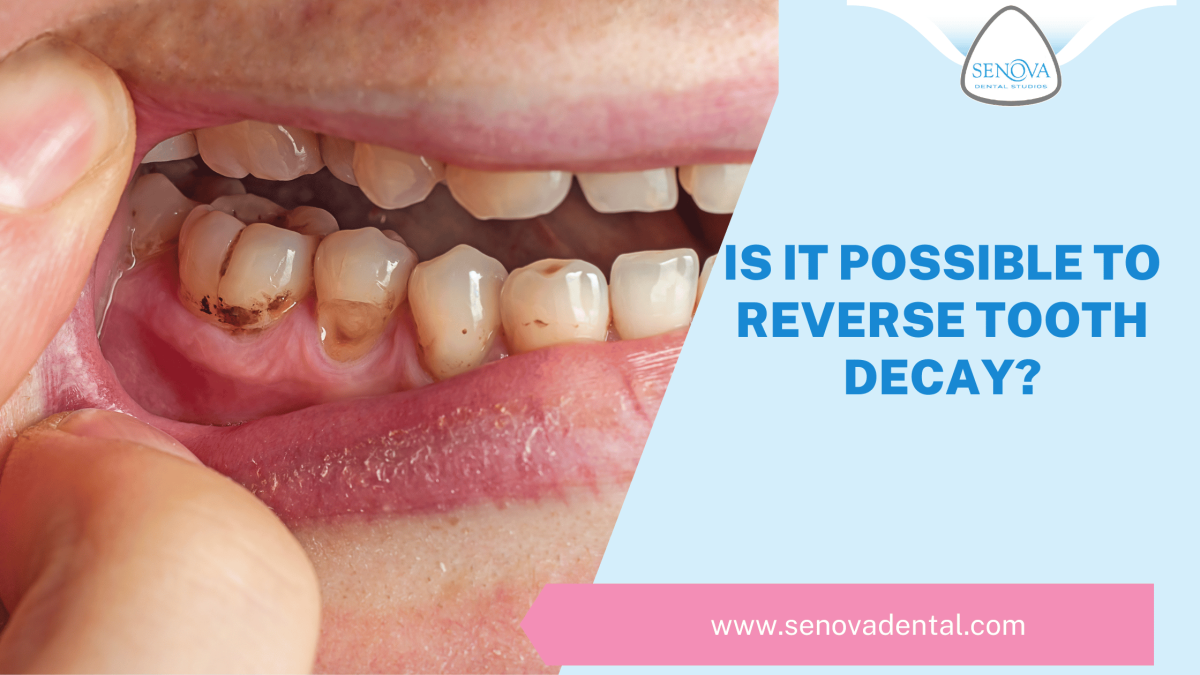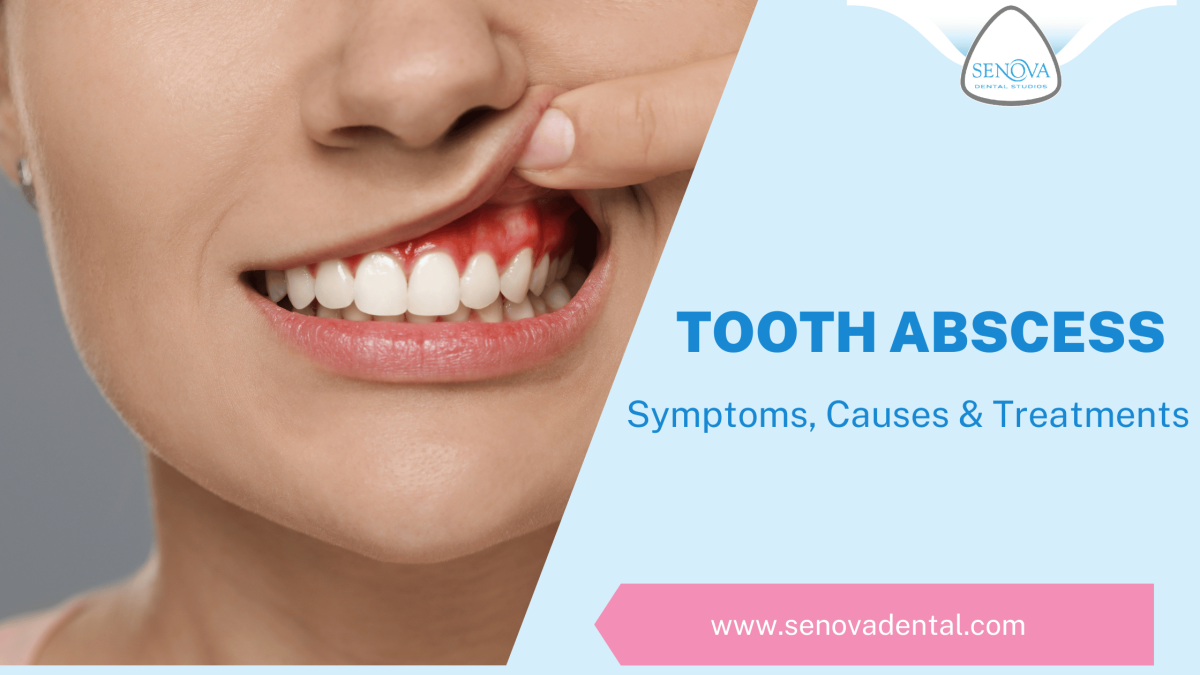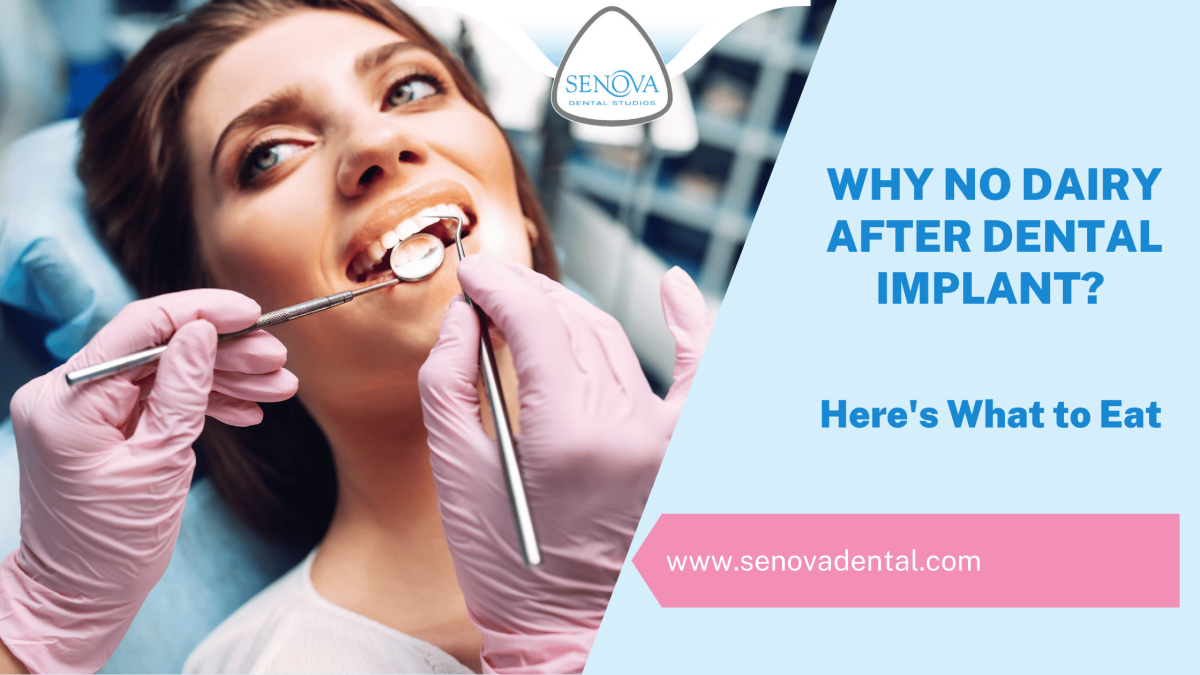
It is estimated that around 10,000 dental implants are placed in the lower jaw every year in the UK. This signifies how popular dental implants have become in Britain for replacing missing teeth. If you
are also considering having your missing teeth replaced with tooth implants and doing your online research, you might be amazed to know that dairy products are not recommended after dental implant surgery. If you’re looking for an answer to this question, then you have come to the right place.
In this blog, we will discuss whether one should actually avoid dairy after tooth implant surgery, or if it is simply a myth. So, continue reading till the end to find an answer to this puzzling question.
What Foods Can One Have After Tooth Implant Surgery?
Dental professionals recommend a soft diet immediately after implant surgery. This is because the implant should not move unnecessarily within the bone during the healing phase to ensure high-quality bone formation around it. If one eats hard or very chew foods, they may risk dislodging their implants, leading to premature failure. Therefore, immediately after the implant surgery, one should eat a soft diet such as scrambled eggs, smoothies, yoghurt, and cheese. After a few weeks of the surgery, one may add ground beef, fibred chicken, fish, and potatoes to their diet.
Why No Dairy After Dental Implant Surgery?
Milk products are rich in proteins and essential nutrients. However, they are recommended immediately after implant surgery. This is because dairy products may increase the risk of infection and clotting at the implant site, increasing the risk of implant failure.
How Long Should I Go No Dairy After Dental Implant Surgery?
Dairy products should be avoided while the implant surgical site is healing. This means that you should cut down on dairy products for at least 4 – 6 weeks, to ensure that initial healing and bone formation has taken place.
Can I Eat Normally With Dental Implants?
Yes, one of the best things about dental implants is that once they have become fully anchored in the jawbone, you can eat normally with them – without any restrictions. This is because an implant can firmly support false teeth, thereby allowing one to chew effectively and without difficulty. That is why, patients who have got their missing teeth replaced with dental implants can eat even hard and sticky foods without worry.
Can I Have Coffee After Dental Implant Surgery?
If you’re a coffee lover, you might be wondering whether you can enjoy a hot cup of coffee right after your implant surgery. Unfortunately, it may not be a good idea to drink coffee for various reasons. First, the heat of the coffee or any other hot drink may affect the healing process. Secondly, milk coffee may also increase the risk of infections due to the presence of dairy in it.
But, will caffeine have any effect on my implant’s healing? The answer is no. A research study in 2022 showed that caffeinated drinks do not adversely affect the healing of implant surgical sites. Despite that, it is not a good idea to drink coffee after your implant surgery.
Is Ice Cream Advisable After Dental Implant Surgery?
The cooling effect of an ice cream will certainly help reduce inflammation and discomfort after implant surgery. However, one should avoid eating dairy ice cream. The reason, as already discussed, is that dairy products may increase the risk of infections or complications following implant insertion.
What Are The Best Soft Foods To Eat After Dental Surgery?
Whether you have had a tooth removed or an implant placed, you should eat a soft diet to ensure that the surgical site heals without disturbance. Dentists recommend eating a soft diet such as yoghurt, smoothies, and scrambled eggs for a few weeks after the surgery.
Is Popcorn Bad To Eat If You Have Dental Implants?
Crunchy foods such as nuts, popcorn, and chips should be avoided when one has tooth implants, especially immediately after an implant surgery. This is because these foods may get dislodged at the site and increase the likelihood of infection or complications.
Can You Bite Into Food With Dental Implants?
Immediately after getting your implants, your dentist will place a temporary restoration over it. The purpose of this prosthesis is to restore your facial aesthetics, and it should not be used for chewing food. The temporary prosthesis will remain in your mouth for about 6 months while the implant site heals. Afterwards, your dentist will look at the x-ray of your teeth to assess the quality of bone formed around the implant. If the implant has become firmly anchored, they will replace the temporary prosthesis with a permanent one such as a crown or an overdenture, which you can freely use for eating all your favourite foods.
When considering dental implants for tooth replacement, one should always visit an experienced and qualified implant dentist. Why? Because implant therapy requires surgical precision and careful treatment planning. You may find numerous novice dentists in your area offering implant services at an amazingly low cost. Unfortunately, they may do more harm to your teeth than good.
If you’re looking for the best dental implant practice in Watford, England, your best option is Senova Dental Studios. We take pride in having the best dental team in town with state-of-the-art equipment and facilities to give you the best oral health and aesthetic outcome of your implant treatment. So, request a free video consultation today and let us give your family a lasting and healthy smile.
- What Kind Of Dentist Does Implants? - December 1, 2024
- When Do Babies Start Teething? - October 26, 2024
- Is It Possible To Reverse Tooth Decay? - September 29, 2024

